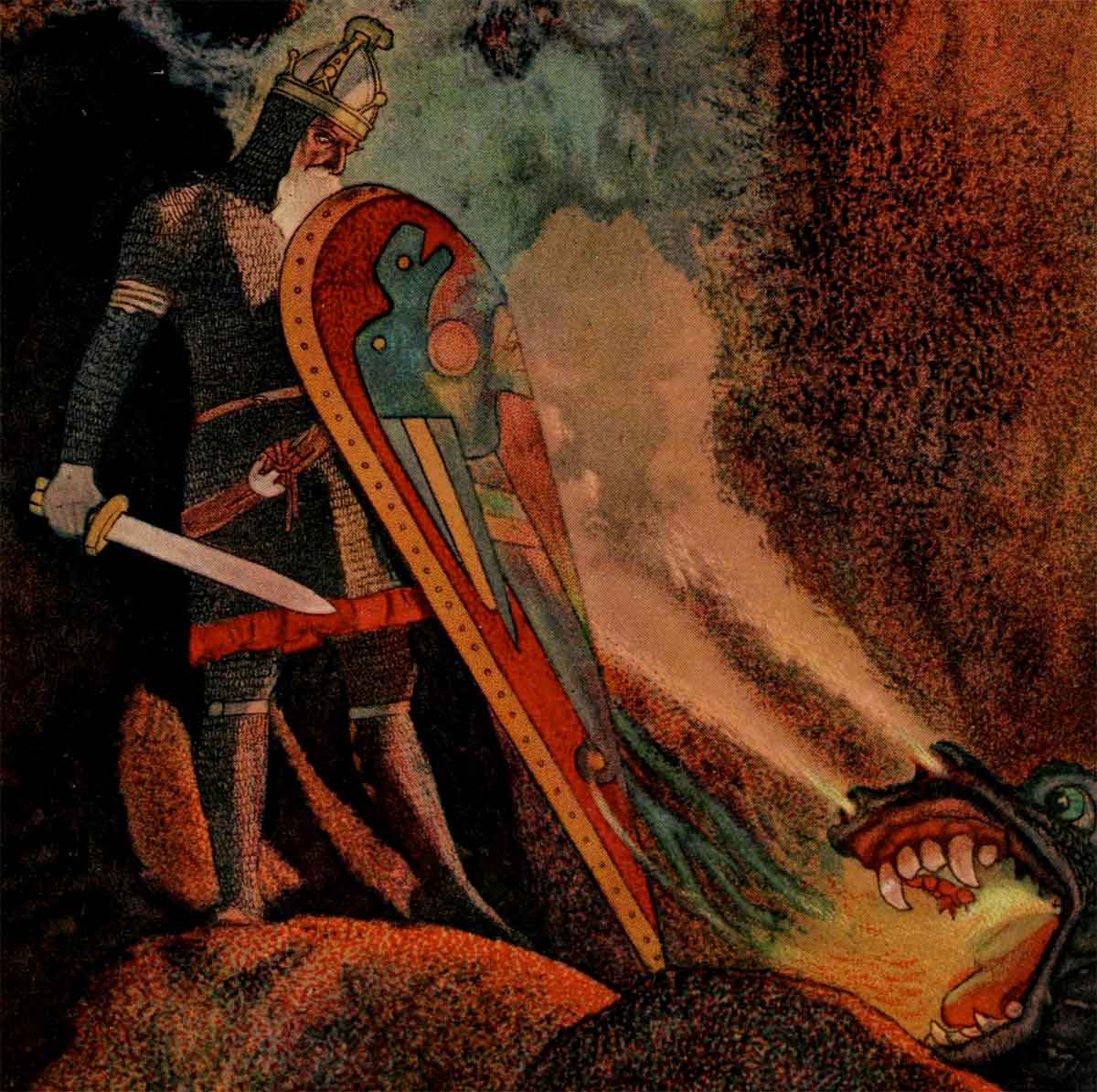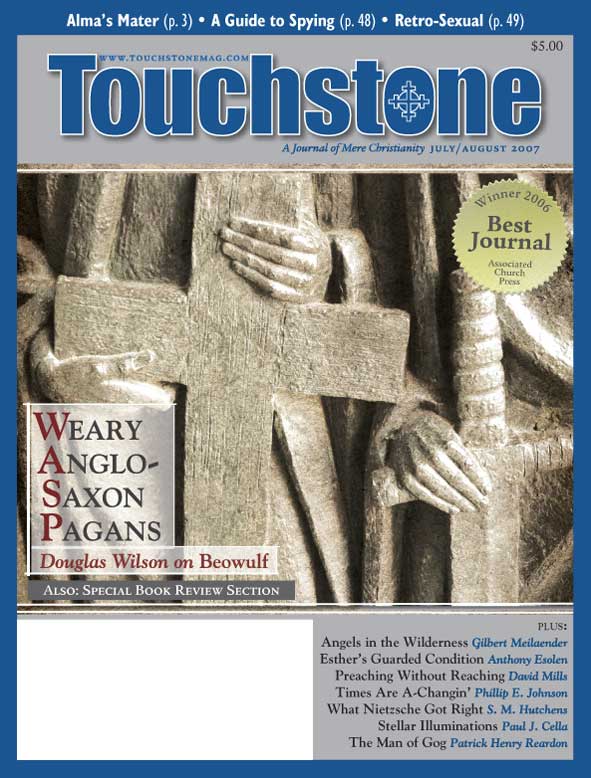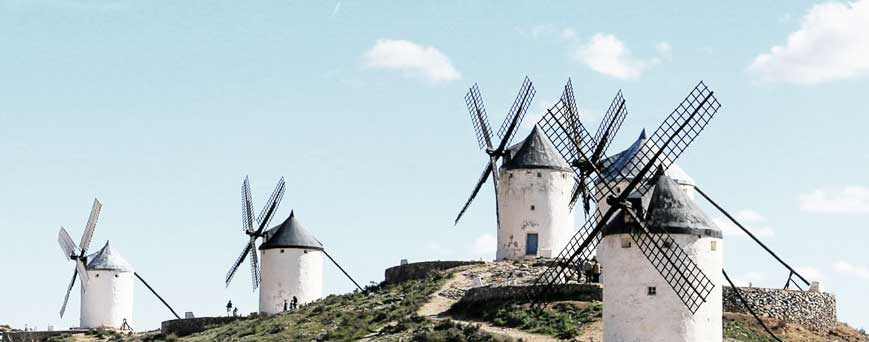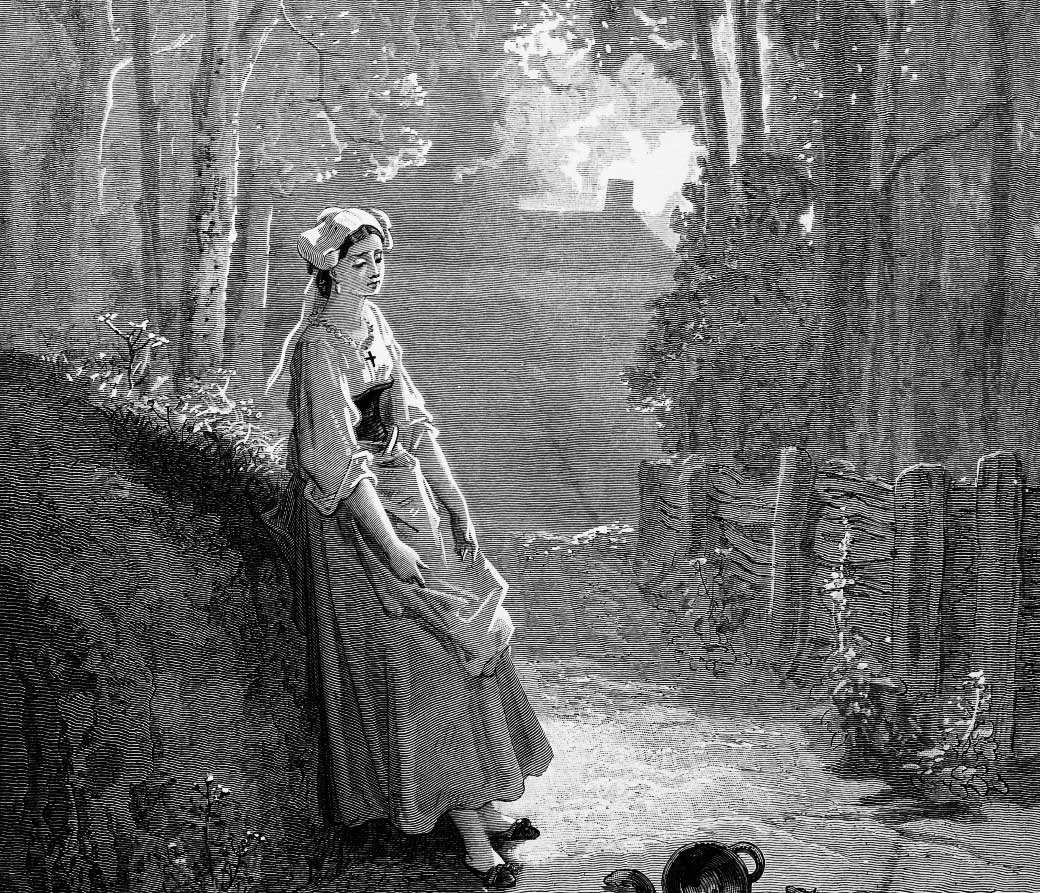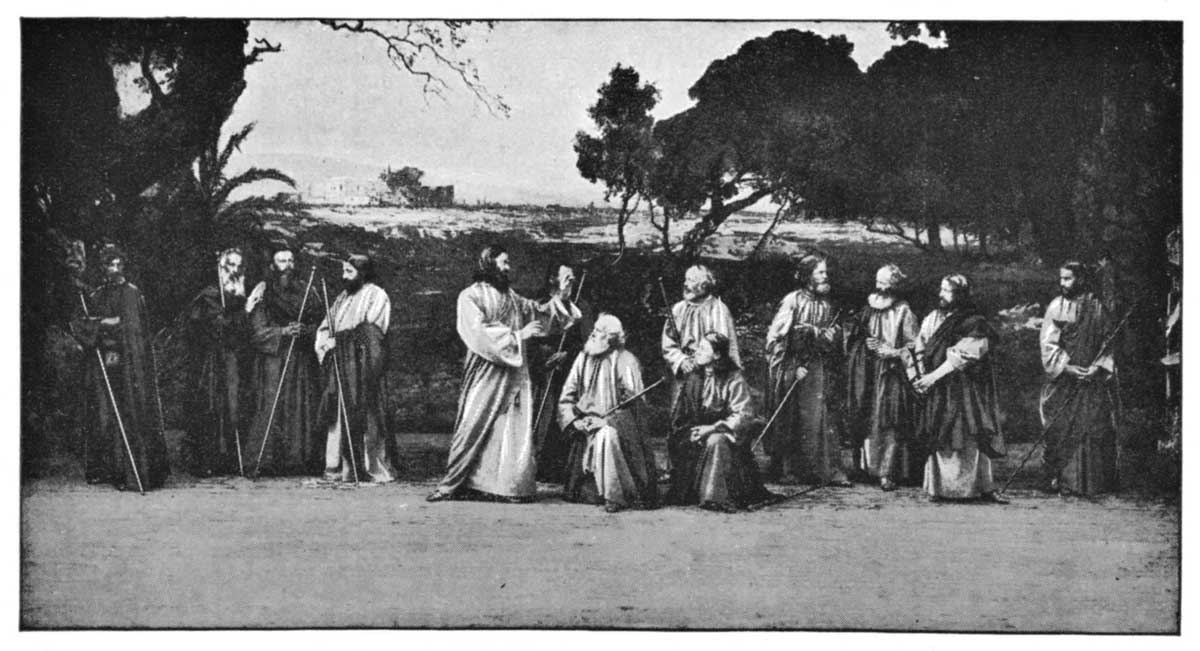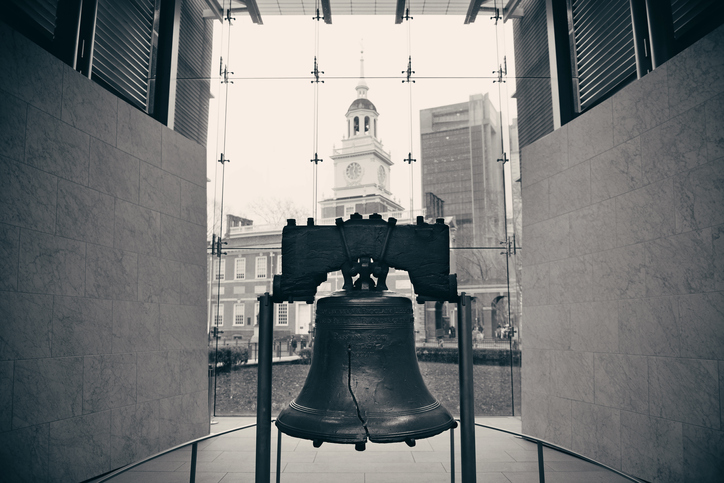Feature
The Anglo-Saxon Evangel
The Beowulf Poet Was a Shrewd Christian Apologist
B eowulf is not just an artistic gem. It is also a profound example of a potent apologetic for the Christian faith. Both the pagan and Christian elements in the poem are obvious, and I want to argue that the poet placed these two elements in tension deliberately, and that he did this to accomplish a very shrewd apologetic for the Christian faith: a kind of catechesis for a people who were recently pagan, and who still had to deal with pagans around them.
The poet is not like one of those backsliding monks at Lindisfarne, sternly rebuked by Alcuin for paying attention to the ancient heroic tales. Speaking of a minor character in Beowulf, Alcuin asked:
What has Ingeld to do with Christ? The house is narrow, it cannot contain both. The king of the heavens will have nothing to do with heathen and damned so-called kings. For the eternal king rules in the heavens, the lost heathen repines in hell.
Our poet is no conflicted monk, reading James Joyce under the covers at night with a flashlight. A thoroughly Christian poet is not showing us this paganism to say, “See, pagans can be noble too—even without Jesus!” Rather, he is refusing to engage in a fight with a heathen straw man of his own devising. He acknowledges the high nobility that could be present in that culture, but then bluntly shows us that same nobility at the point of profound despair.
The effect is extremely potent. Instead of saying that nobility is possible without Christ, the poet shows that such nobility does not keep a people from being utterly and completely lost.
Though a heroic poem about pagans that never mentions Christ, Beowulf is the opposite of syncretistic compromise. It is written to highlight the treachery as a way of life that afflicted these pagan societies from within, and the greed and plunder as a way of life that afflicted them from without (whether they were the marauders or the victims).
Our poet shows us this pagan hopelessness in a period of history just before their conversion to the Christian faith. He is recounting the testimony of his people, and, just as with modern testimonies, the sin is highlighted. But it is art to conceal art, and he leaves us hanging just before the explicit moment of conversion. His original listeners knew exactly what was going to happen next.
Beowulf’s Partial Victory
In the poem, the Danes are afflicted by a monster named Grendel, who has for twelve years had the run of their great hall, Hereot, at night, killing many of the Danes, but their elderly king, Hrothgar, cannot deliver his people. Beowulf, a young Geat adventurer, arrives and volunteers to fight the monster (the Geats were a tribe from what is now Sweden).
Douglas Wilson is the minister of Christ Church in Moscow, Idaho, and a senior fellow of theology at New St. Andrews College. He is the author of Reforming Marriage (Canon Press), The Case for Classical Christian Education (Crossway), and other books, most recently Letter from a Christian Citizen (American Vision), a reply to Sam Harris's Letter to a Christian Nation. His weblog can be found at www.dougwils.com. Douglas and his wife Nancy have eleven grandchildren.
bulk subscriptions
Order Touchstone subscriptions in bulk and save $10 per sub! Each subscription includes 6 issues of Touchstone plus full online access to touchstonemag.com—including archives, videos, and pdf downloads of recent issues for only $29.95 each! Great for churches or study groups.
Transactions will be processed on a secure server.
more on literature from the online archives
more from the online archives
calling all readers
Please Donate
"There are magazines worth reading but few worth saving . . . Touchstone is just such a magazine."
—Alice von Hildebrand
"Here we do not concede one square millimeter of territory to falsehood, folly, contemporary sentimentality, or fashion. We speak the truth, and let God be our judge. . . . Touchstone is the one committedly Christian conservative journal."
—Anthony Esolen, Touchstone senior editor





